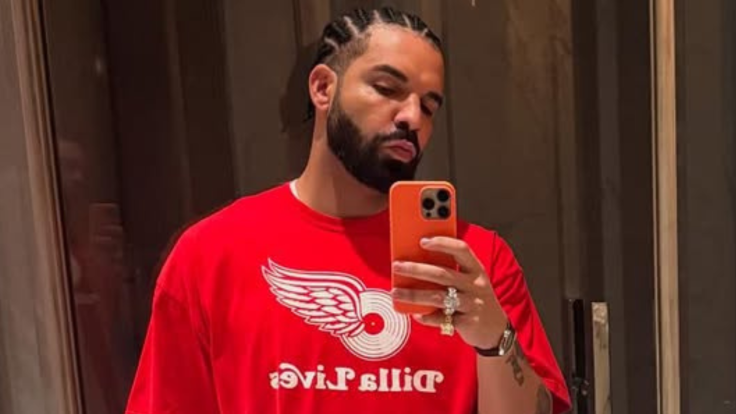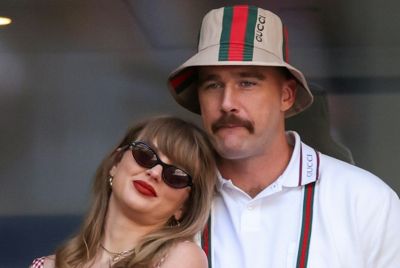Drake vs Kendrick Lamar: Did a Judge Just End the Most Explosive Rap Lawsuit of the Year?
The court's decision ends months of legal tension between Drake and Kendrick Lamar, reaffirming artistic freedom and setting a new precedent in rap disputes.

A federal judge has dismissed Drake's defamation lawsuit against Universal Music Group (UMG), effectively ending one of the most high-profile legal disputes in recent rap history. The case centred on Kendrick Lamar's 2024 diss track Not Like Us, which accused Drake of serious misconduct during the height of their public feud.
The decision marks a significant moment in music law, raising questions about creative freedom and the limits of lyrical expression.
The Lawsuit That Rocked the Rap World
On 9 October 2025, a federal judge in New York City dismissed Drake's case against UMG, which distributed Lamar's hit track. The rapper, whose real name is Aubrey Graham, alleged that Not Like Us defamed him by implying he was a 'certified paedophile' and should be 'placed on neighbourhood watch'. Drake claimed that UMG, the label he has been signed to for more than a decade, had approved and promoted a song that falsely portrayed him as a criminal.
The lawsuit, filed in January 2025, sought damages for reputational harm and accused UMG of launching a 'campaign to create a viral hit'. Drake's filing insisted he had 'never engaged in any acts that would require he be placed on neighbourhood watch' and had never been charged with or convicted of any criminal offence. UMG denied the accusations, calling them 'untrue' and 'illogical', and argued that the song's lyrics were part of a long-standing rap battle culture known for exaggeration and provocation.
The Judge's Decision
In her ruling, Judge Jeannette Vargas described Drake's claims as 'logically incoherent'. She stated that Lamar's lyrics, though harsh, were clearly part of a 'heated rap battle' rather than a factual statement intended to defame. Vargas concluded that a 'reasonable listener' would not interpret Not Like Us as an accurate report but rather as 'rhetorical hyperbole' typical of the genre.
The court also dismissed Drake's argument that UMG should be held liable for promoting the song. Vargas wrote that if Not Like Us was considered nonactionable opinion when first released, its republication would not expose the label to legal risk. She noted that the track was 'replete with profanity, trash-talking, threats of violence, and figurative language', all of which are hallmarks of diss tracks rather than factual reporting.
The Context Behind Not Like Us
Released in May 2024, Not Like Us was one of several diss tracks exchanged between Lamar and Drake during their highly publicised feud. The song gained global attention for its pointed accusations and became one of the most-talked about moments in modern hip-hop rivalries. Lamar later performed the track at the 2025 Super Bowl halftime show, viewed by an estimated 133.5 million people, the largest audience in Super Bowl history.
Although the word 'paedophile' was omitted from the live performance, Lamar maintained the tone of the original lyrics, smirking at the camera while rapping, 'Say, Drake, I hear you like 'em young.' Drake's team argued that millions of listeners understood the lyrics as factual, further fuelling the basis for his lawsuit.
Legal Repercussions and Artistic Boundaries
UMG responded positively to the court's dismissal, stating that the lawsuit was 'an affront to all artists and their creative expression'. The label added that it remained committed to promoting Drake's music and supporting his career despite the legal dispute. Drake's representatives have since confirmed plans to appeal the decision, suggesting that the legal saga may not be over.
Judge Vargas also pointed out that Drake himself had used inflammatory and suggestive lyrics in his own diss track Family Matters. The song reportedly implied that Lamar was a domestic abuser and questioned the paternity of one of his children. Vargas noted that such exchanges illustrated the competitive, provocative nature of rap battles, where 'audiences anticipate fiery rhetoric rather than factual assertions'.
What the Ruling Means for Hip-Hop
Experts say the dismissal of Drake's lawsuit could set a precedent for how courts treat artistic expression in musical rivalries. By framing Not Like Us as non-defamatory opinion, the ruling underscores the legal protection afforded to hyperbolic or metaphorical speech in art.
For now, the decision closes a dramatic chapter in the ongoing rivalry between two of the genre's most influential figures. Whether Drake's planned appeal will reignite the legal battle remains to be seen. For now, the court has spoken, and the rap war's fiercest clash has been settled in the eyes of the law.
© Copyright IBTimes 2025. All rights reserved.





















